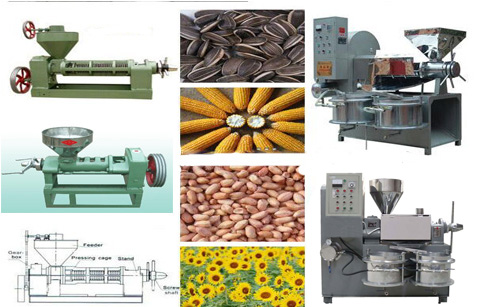Quality Control in Sesame Oil Production: Ensuring Standard Compliance
2024-11-13
Qi'e Grain and Oil Machinery Co., Ltd.
Expertise
Explore the quality control methods used in the extraction and refining processes of sesame oil production to ensure that the final products meet market standards.
Introduction
In the sesame oil production industry, maintaining the highest quality standards is essential for satisfying market demands and ensuring consumer safety. As someone deeply involved in the production process, I recognize that quality control (QC) plays a pivotal role in every stage, from the extraction of oil from seeds to the final refinement process. This article delves into the effective QC methods implemented in sesame oil production.
The Importance of Quality Control
Quality control is vital in sesame oil production for several reasons:
- Ensures compliance with health and safety regulations
- Enhances the reputation of the brand
- Reduces waste and increases efficiency
- Meets customer expectations and builds trust
Extraction Process Quality Control
The first step in producing high-quality sesame oil is the extraction process. Here are key QC methods employed:
- Seed Selection: Only high-quality sesame seeds undergo extraction. Testing for moisture content and oil yield is critical at this stage.
- Cold Pressing vs. Hot Pressing: Understanding the differences between these methods can impact the oil's flavor, nutritional value, and quality. Rigorous QC ensures the chosen method aligns with product specifications.
- Equipment Calibration: Machinery used in the extraction should be regularly calibrated to avoid contamination and maintain efficiency.
Refining Process Quality Control
The refining process significantly affects the final product's quality. Essential QC measures include:
- Deodorization: This step removes unwanted odors, ensuring the oil meets the sensory characteristics desired by customers.
- Filtration: Effective filtration processes are critical to eliminate impurities that could compromise the oil's clarity and quality.
- Taste Testing: Regular sensory evaluations are conducted to ensure the flavor and aroma of sesame oil meet established standards.
Market Standards and Compliance
Compliance with local and international standards is crucial for market acceptance. Establishing QC protocols aligned with these standards helps ensure product integrity. We conduct thorough audits on:
- Regulatory benchmarks
- Externally recognized quality certifications
- Continual monitoring of production processes
Conclusion
In summary, effective quality control in sesame oil production is non-negotiable. By focusing on QC throughout the extraction and refining processes, we ensure that our products are of the highest quality, meet market standards, and satisfy consumer expectations. Engaging in rigorous quality assessments and maintaining compliance not only enhances our reputation as a reliable supplier but also drives sustainable growth in the competitive landscape of food production.
I encourage industry peers to share insights and experience in quality control practices to elevate our shared standards further.



